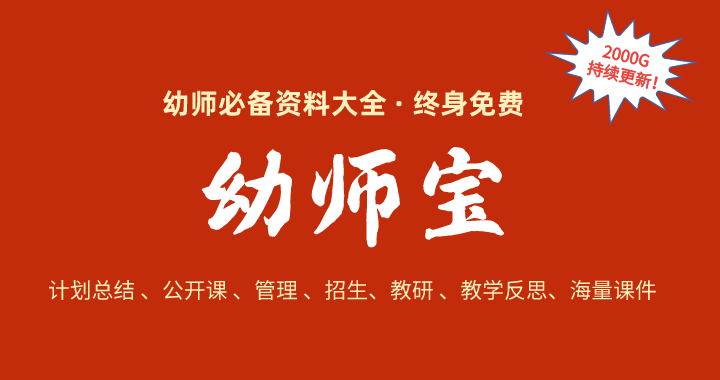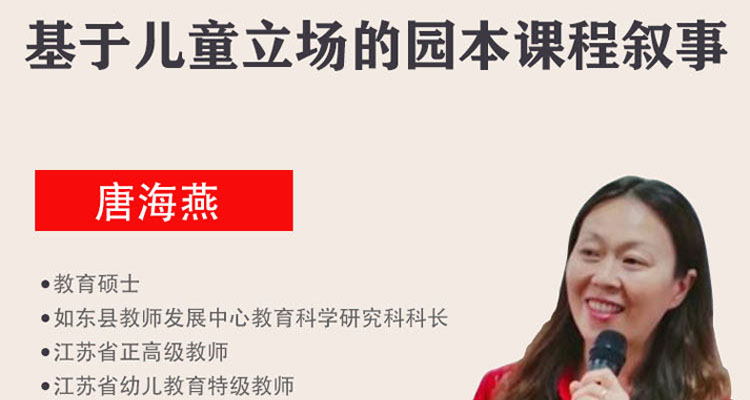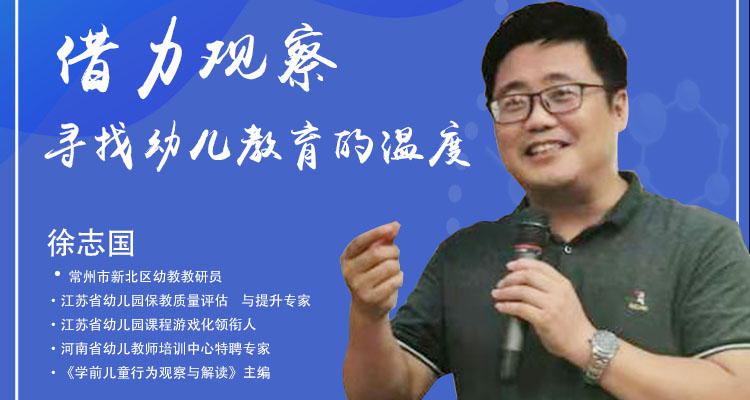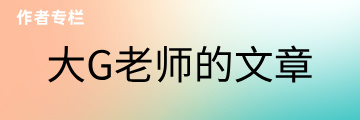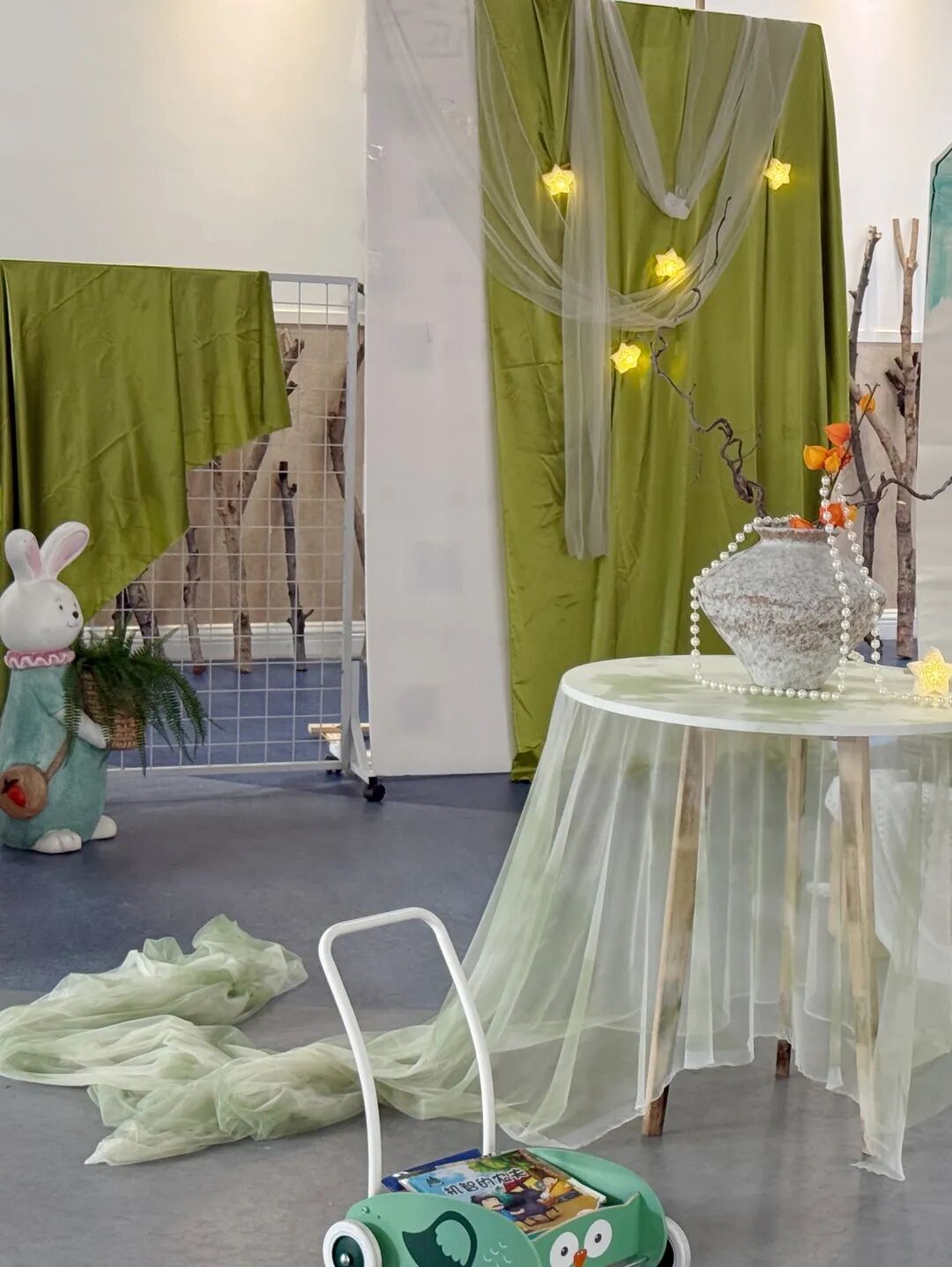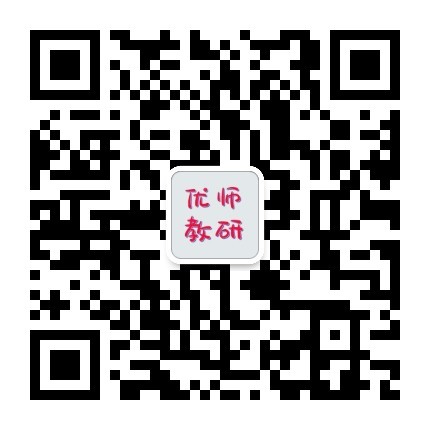自主游戏作为一种重要的教育方式,日益受到重视。为了能够充分地尊重儿童在游戏中的自主权,为儿童提供最大限度的自由探索的空间。今天,我作为一名教师,跟随着儿童的领导,让孩子成为游戏中主导的角色,力求更好地促进儿童的学习和发展。
As an important way of education, autonomous play has received increasing attention. In order to fully respect children’s autonomy in play, children are provided with maximum freedom of exploration. Today, as a teacher, I work with children to lead the game and make them the dominant characters in the game, striving to better promote children’s learning and development.
什么是自主游戏?
What is Autonomous Play?
自主游戏是幼儿自发、自主、自由的活动,具有以下特征:自主游戏是儿童内在动机性行为,自主游戏是儿童自由选择的材料和内容的活动,自主游戏摆脱了用手段与目的形式来考虑问题的束缚。
幼儿的自主游戏是儿童的本体性游戏,是孩子在一日生活中自主、自发性的游戏。游戏的目的在于引导孩子自主表现出来对游戏材料的兴趣和主动探究性。
有效实施自主游戏,最关键的是理解和践行正确的儿童观,理解信任儿童,为儿童赋权的理念。需要给予儿童充分开展自主游戏的机会,对儿童游戏的能力水平、方式方法给予充分的尊重,给儿童时间和空间,给儿童探究的机会,使儿童的心里得到充分的满足和愉悦的体验。
自主游戏由幼儿选择想要玩的游戏类型,支持玩伴自主、材料自主、玩法自主,即幼儿自己选择玩伴,包括玩什么、怎么玩、和谁一起玩、玩的过程中同伴的决定讨论等等,幼儿可以利用老师和幼儿自己准备的各种材料进行无穷的探索,可以自己设计改变游戏的玩法。也就是说,只要是适宜儿童年龄特点的,不是教师强加给儿童的游戏,对儿童来讲都是愉悦的,都会有自由自主的感觉。虽然游戏是幼儿自主自由的活动,但并不意味着教育者对游戏中的幼儿可以放任自流。
Autonomous play is a spontaneous, autonomous and free activity of young children, which has the following characteristics: independent play is the intrinsic motivational behavior of children, independent play is the activity of children’s free choice of materials and contents, and independent play is free from the shackles of considering problems in the form of means and ends.
Children’s independent play is a child’s ontological play, and it is a child’s independent and spontaneous play in a daily life. The purpose of the game is to guide the child to show his interest in the game material and to actively explore it.
The key to the effective implementation of independent play is to understand and practice the correct view of children, understand the concept of trusting and empowering children. It is necessary to give children the opportunity to fully carry out independent play, give full respect to children’s ability level, methods and methods of play, give children time and space, and give children the opportunity to explore, so that children’s hearts can be fully satisfied and have a pleasant experience.
Independent play by the child to choose the type of game they want to play, support playmate autonomy, material autonomy, play autonomy, that is, children choose their own playmates, including what to play, how to play, who to play with, the decision of peers in the process of playing, etc., children can use the teacher and children to prepare their own materials for endless exploration, can design their own to change the game of play. In other words, as long as it is suitable for the child’s age and is not a game imposed on the child by the teacher, it is pleasant for the child and will have a sense of freedom and autonomy. Although play is an independent and free activity for young children, it does not mean that educators can let the children in the game go free.
|
|
|
A good game must have a teacher to help you without a trace
真正的高质量需要教师在过程中实现对于孩子高质量的引导与回应。教师把孩子的需要放在心里,能够隐性地把目标都渗透在环境中、渗透在与孩子的互动中、渗透在孩子的游戏过程中、渗透在保教工作实践中。
好的游戏是孩子能够在游戏过程中无拘无束的释放天性,但一切都在老师悄悄的“掌控”之中。
这个掌控在于教师对儿童兴趣的尊重、在于教师对孩子年龄特点的把握、在于教师对孩子的尊重理解后的适宜的支持,教师的引导让孩子感受到快乐又自然的获得发展。
好的游戏体现在孩子的创意遐想能得到有效的鼓励,这也是一种助力。
外在表现上可能是教师点头微笑的示意、也可能是对孩子之间讨论的赞美、也可能是被教师默默关注着的心中窃喜、还可能是教师提出自己的观点引起儿童更深度的思考、还可能是与孩子共同玩耍中榜样暗示……
所有与孩子一起时那些看似的嘻嘻哈哈、看似故意的装傻、看似是胜利的示范,其实都体现出教师的育人智慧。
教师只有融入到幼儿游戏过程中,让孩子认为我们就是他们真正的游戏伙伴时,才能起到真正的作用,教师既要做好玩伴的角色,又要在这个过程中做好儿童发展的助力者。我们可以在孩子的游戏中观察儿童的游戏情景,了解幼儿的游戏样态,支持儿童游戏过程中出现的问题,这样才能进行一次高质量的教育。
在游戏中,教师的指导不仅仅是介入。如果你的介入是通过对游戏的观察,在顺应幼儿游戏意愿的前提下支持并推进了幼儿游戏,那么就是“有效的介入”。教师应当以《指南》和《评估指标》为依据,结合幼儿实际情况,投放适宜的材料来支持幼儿的游戏活动,对幼儿游戏行为进行观察、分析和引导,丰富幼儿的游戏经验从而助推幼儿的学习和发展。
True high quality requires teachers to achieve high-quality guidance and response to children in the process. Teachers take children’s needs to like, and can implicitly infiltrate the goals in the environment, in the interaction with children, in the process of children’s play, and in the practice of teaching protection.
A good game is a child’s ability to unleash their instinct freely during the game, but everything is quietly “controlled” by the teacher.
This control lies in the teacher’s respect for the child’s interests, the teacher’s grasp of the child’s age characteristics, and the teacher’s appropriate support after the teacher’s respect and understanding of the child.
Good games are reflected in the fact that children’s creative reverie can be effectively encouraged, which is also a kind of help.
The external performance may be a gesture of the teacher’s nodding and smiling, or it may be a compliment to the discussion between the children, or it may be the joy of being silently watched by the teacher, or the teacher’s own point of view may cause the children to think more deeply, or it may be a hint of a role model in playing with the children…
All the seemingly giggling, seemingly deliberate pretending to be silly, and seemingly victorious demonstrations when with children actually reflect the teacher’s educational wisdom.
Teachers can only play a real role when they are involved in the process of children’s play and let children think that we are their real play partners, and they should not only play the role of playmates, but also be good helpers of children’s development in the process. We can observe children’s play situations in children’s games, understand children’s play patterns, and support children’s problems in the process of playing, so as to carry out a high-quality education.
In the game, the teacher’s guidance is more than just intervening. If your intervention is based on the observation of the game, and supports and promotes the children’s play on the premise of conforming to the children’s willingness to play, then it is an “effective intervention”.
Teachers should use the Guidelines and Evaluation Indicators as the basis, combined with the actual situation of children, put appropriate materials to support children’s play activities, observe, analyze and guide children’s play behaviors, enrich children’s play experience and promote children’s learning and development.
|
|
|
|
|
|
幼儿在探索自主游戏中,教师需要哪些育人智慧呢?
What kind of educational wisdom do teachers need for children to explore independent play?
1、观察——教师允许儿童自由游戏的专业基础
Observation – the professional basis for teachers to allow children to play freely
观察是人类认识周围世界的一个基本的方法,也是从事科学研究的一个重要手段。不仅仅是感官直接感知事物的过程,更是人的大脑积极的思维过程。
· 教师倾听儿童的问题和想法。
· 观察儿童的行为表现。
· 把认为孩子之间发生的重要事情记录下来。
· 对记录的内容进行回顾,哪些问题可以延申和拓展呢?
· 做思维导图或者计划地图。
· 把主题内容转化为儿童的行动,教师与幼儿回顾讨论的内容,并观察儿童的反应。
观察让我们看见儿童、分享儿童成长乐趣;观察让我们了解儿童的发展水平及需要;观察让我们找到教育活动开展的依据、见证儿童的成长。
Observation is a basic method for human beings to understand the world around them, and it is also an important means to engage in scientific research. It is not only the process of direct perception of things by the senses, but also the active thinking process of the human brain.
? Teachers listen to children’s questions and ideas.
? Observe the child’s behavior.
? Keep a record of what you think is important to your child.
?Review the content of the record, what questions can be extended and expanded?
? Make mind maps or plan maps.
?Translating the topic into children’s actions, the teacher and the children review the discussion and observe the children’s reactions.
Observation allows us to see children and share the joy of children’s growth; Observation allows us to understand the level of development and needs of children; Observation allows us to find the basis for the development of educational activities and witness the growth of children.
|
|
|
2、设计——儿童感受到自由游戏的必要准备
Design – the necessary preparation for children to feel free play.
教师要隐性地设计环境、准备材料,为支持儿童的发展做好保障。
首先,需要设计富有挑战性的环境。
其次,如何把儿童能够理解的经验用到解决实际问题上:例如大班接待弟弟妹妹来园的活动,怎么接待弟弟妹妹?弟弟妹妹来到幼儿园玩什么?玩多长时间?怎么照顾弟弟妹妹的感受?
再次,设计时会考虑到孩子的能力水平,完成任务的方式方法和关联性思考。每个任务都应该是孩子自己感兴趣的任务、是孩子们自发的任务、是孩子愿意通过自己的努力和挑战完成的任务,这对于儿童来讲就是自由自主的活动。
Teachers need to implicitly design the environment and prepare materials to ensure that they can support children’s development.
First, you need to design a challenging environment.
Second, how to apply experiences that children can understand to solve practical problems: for example, when a large class receives a younger brother.
How do you receive younger siblings when your sister comes to the park? What do younger siblings do when they come to kindergarten? How long to play? How do you take care of your younger siblings?
Thirdly, the design will take into account the child’s ability level, the way to complete the task, and the relevance of thinking. Each task should be a task that the child is interested in, a task that the child is willing to complete through his own efforts and challenges, which is a free and autonomous activity for the child.
|
|
|
3、记录——自由游戏中教师了解和发现儿童的过程
Recording – the process of the teacher understanding and discovering the child in free play
记录对于教师的思考是必不可少的一步。教师用文字、照片、视频、简笔画等自己喜欢的方式捕捉这些时刻,把孩子们这些过程性的内容记录下来,教师可以与儿童一起回忆孩子在做什么?怎么做的?教师需要能够识别关键的时刻,有针对性地观察,作出敏锐地反应,推动活动的进展。
Recording is an essential step for teachers to think. Teachers use text, photos, videos, stick figures and other ways to capture these moments, and record the children’s processual content, so that teachers can recall with the children what the children are doing. How? Teachers need to be able to identify key moments, make targeted observations, and respond sensitively to move activities forward.
|
|
|
Support for materials in early childhood activities
材料的有效投入是活动顺利开展的关键,通过材料的层次化投入让幼儿的探究更加有秩序,同时材料的巧妙隐性指导是推动幼儿自主发展的关键目标。
The effective input of materials is the key to the smooth development of the activity, and the hierarchical input of materials makes children’s exploration more orderly, and the clever implicit guidance of materials is the key goal to promote children’s independent development.
1.材料投放的层次性|The hierarchical nature of material delivery.
单一的材料投放形式是幼儿活动开展的阻碍。在材料投放的形式上需要进行了深入的思考与改进,注意材料投放的层次性,从而有效促进幼儿的深度学习。
A single form of material delivery is an obstacle to the development of children’s activities. It is necessary to carry out in-depth thinking and improvement in the form of material delivery, and pay attention to the hierarchical nature of material delivery, so as to effectively promote children’s deep learning.
2.材料的隐性指导|Implicit guidance of materials
隐性指导是让幼儿自己去领会,需要通过材料的有效投入,让孩子们在操作材料的过程中心有所得,懂得有效地利用材料的价值,同时在活动中自主地挖掘知识点。
Implicit guidance is to let children understand by themselves, and it is necessary to let children gain in the process of operating materials through effective input of materials, know how to effectively use the value of materials, and at the same time independently explore knowledge points in activities.
3.材料投放后的观察与调整|Observation and adjustment after the material is put in
材料投放后我们要对孩子的使用情况进行认真地观察与跟进指导,当我们发现孩子对活动材料不感兴趣或者幼儿较难操作材料,影响其学习效率时,我们就要及时地对材料进行调整。
When we find that children are not interested in activity materials or children are difficult to operate materials, which affects their learning efficiency, we must adjust the materials in time.
|
|
|
|
|
|
|
|
|
在自主游戏过程中,教师的放手会助力孩子们的成长,给予孩子们充分了解和感知的空间,给予孩子们充分探究、创造、表达的机会,孩子们会无形当中化身成了一物多玩的创造者。幼儿在游戏中亲身感知,尊重孩子们的选择和意见,从而促进儿童的自我发展和独立性,尝试解决遇到的问题,尝试和同伴进行良好的交往,尝试面对挫折,挑战自我。教师要细心的观察,要耐下心来做好观察者与倾听者,了解幼儿的需求,支持幼儿的兴趣发展,帮助孩子们在自我探寻、自我感知的道路上不断地进步与成长,从而体现出教师的教育智慧。
In the process of independent play, the teacher’s letting go will help the children’s growth, give the children the space to fully understand and perceive, and give the children the opportunity to fully explore, create and express, and the children will invisibly become the creators of multiple things. Children perceive and respect children’s choices and opinions in the game, so as to promote children’s self-development and independence, try to solve problems encountered, try to have good interactions with peers, try to face setbacks, and challenge themselves. Teachers should be careful to observe, be patient observers and listeners, understand the needs of children, support the development of children’s interests, and help children continue to progress and grow on the road of self-exploration and self-perception, so as to reflect the educational wisdom of teachers.
|
|
|
|
|
|
总而言之,自主游戏的核心在于儿童赋权,而这一目标的实现关键在于教师的理解和实践。只有当教师充分理解儿童赋权的意义和价值,并在此基础上引导和支持儿童的自主游戏时,自主游戏才能真正发挥其在幼儿教育中的作用。因此,幼儿园在实施自主游戏时,需要我们反思当下教师如何从关注活动结果、指导幼儿、目标导向转向关注儿童的学习过程,把“为儿童赋权”的核心理念真正落实到教育行为中,从而更好地支持幼儿的游戏活动,不断地提高教师的专业素质,形成信任儿童的高质量教育。
In conclusion, the core of self-directed play lies in children’s empowerment, and the key to achieving this goal lies in the understanding and practice of teachers. Only when teachers fully understand the meaning and value of children’s empowerment, and on this basis, guide and support children’s self-directed play, can self-directed play truly play its role in early childhood education. Therefore, when implementing independent play in kindergartens, we need to reflect on how teachers can shift from focusing on the results of activities, guiding children, and goal-oriented to focusing on children’s learning process, and truly implement the core concept of “empowering children” into educational behaviors, so as to better support children’s play activities, continuously improve teachers’ professional quality, and form a high-quality education that trusts children.
|
|
|
|
|
|
扫描下方二维码
了解更多
望京园 Baston.Hope Kingdom:
(010) 64739197 64733884
太阳园 Baston.Sun Palace:
(010) 84413316 84413326
无限园 Baston. Infinity Plaza:
(010) 85738380 85738379
欧陆园 Baston.European Land:
(010) 58236013 59273452
绿城园 Baston.Green Town:
(010) 89316473 89316474
华溢园 Baston.Brilliant City:
(010) 59214810 59214820
首创园 Baston.Creation Square:
(0354) 2516655
培懿园 Baston.Virtue Garden:
(0754) 82772212 82772216
御景园 Baston.Empery Garden:
(0316) 2128662 2128379

